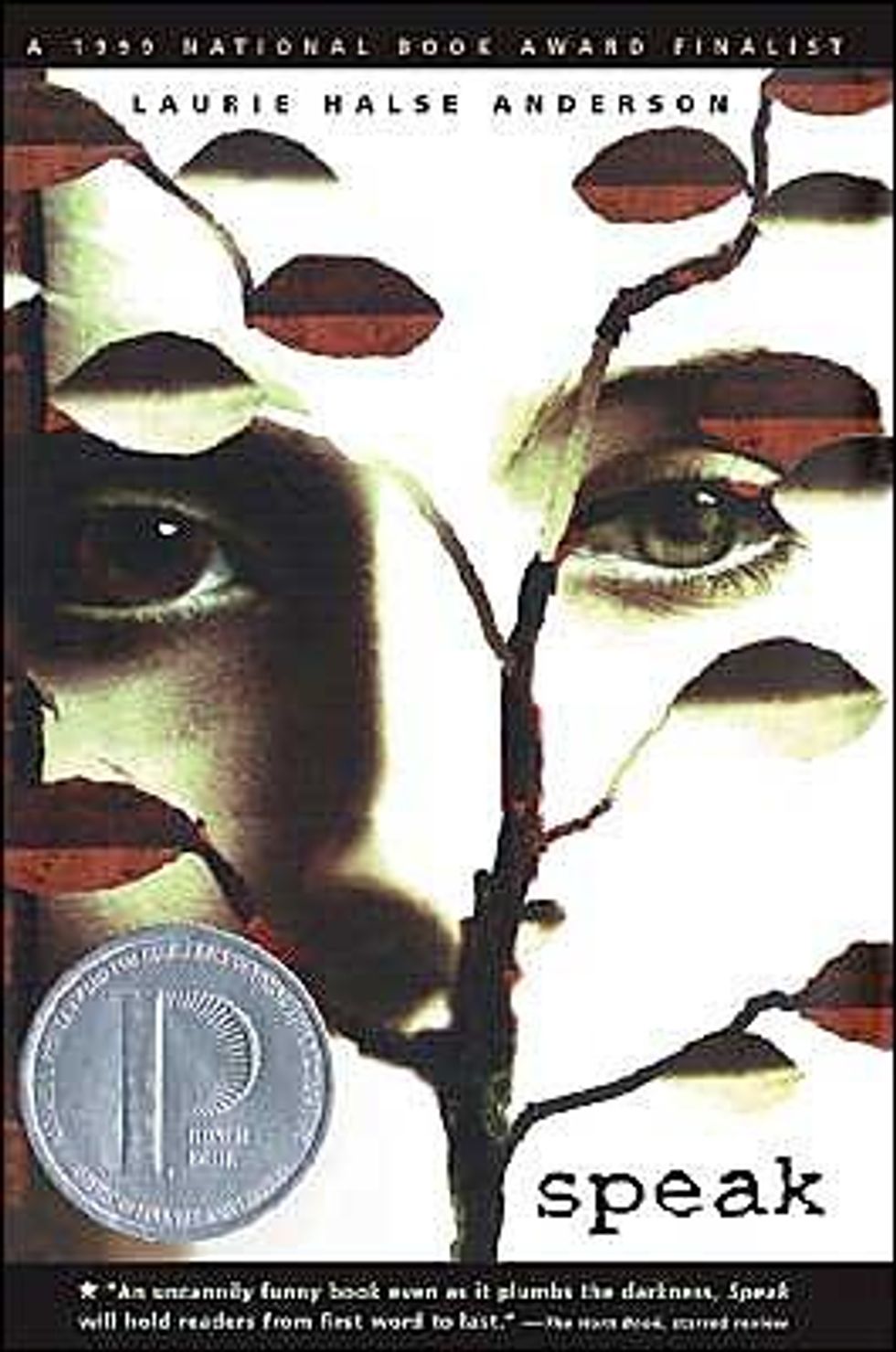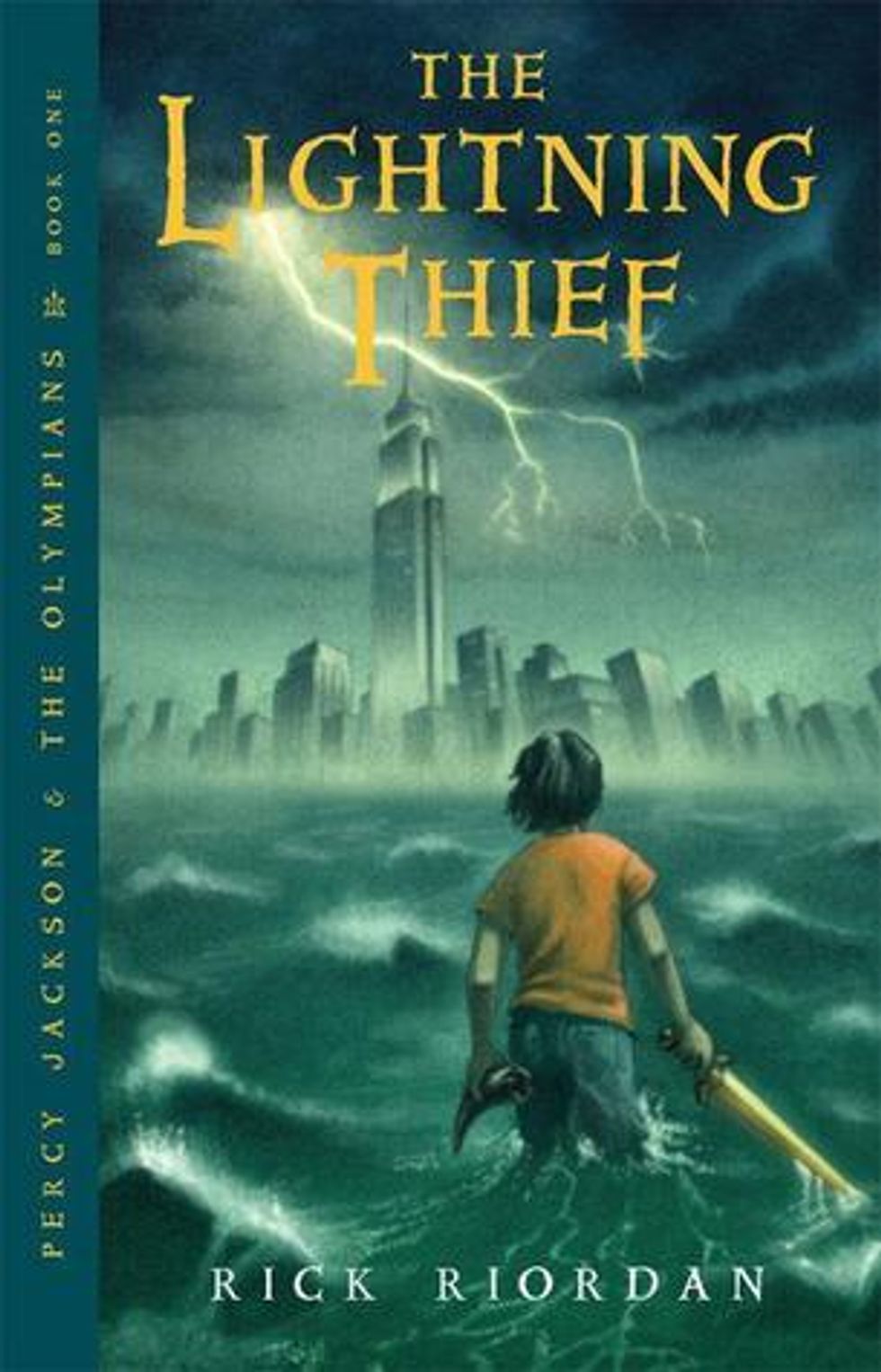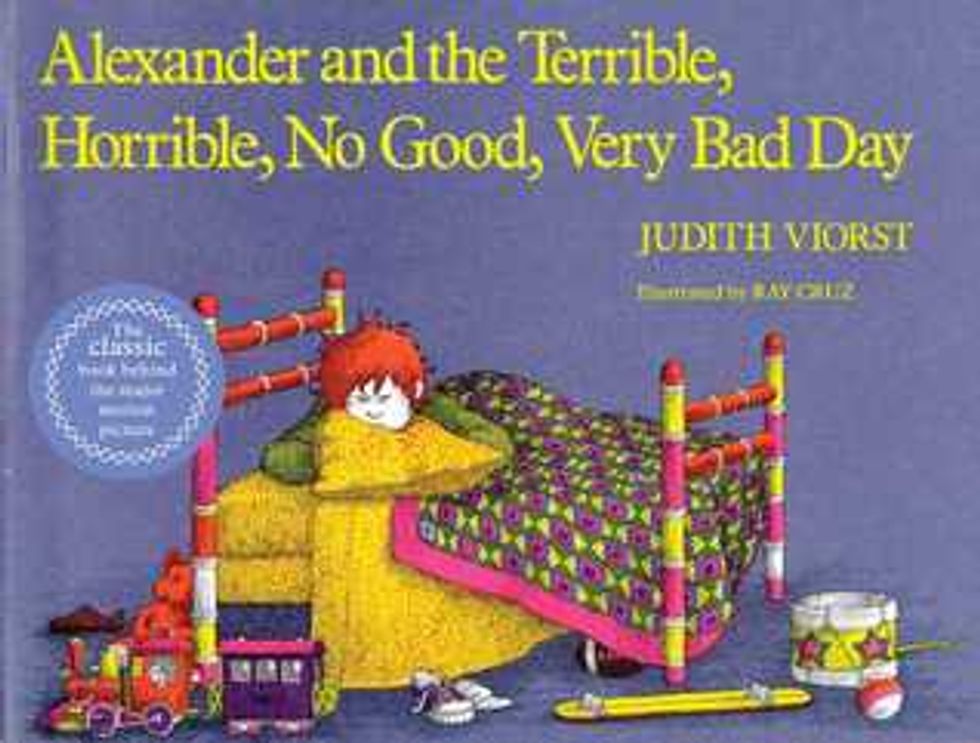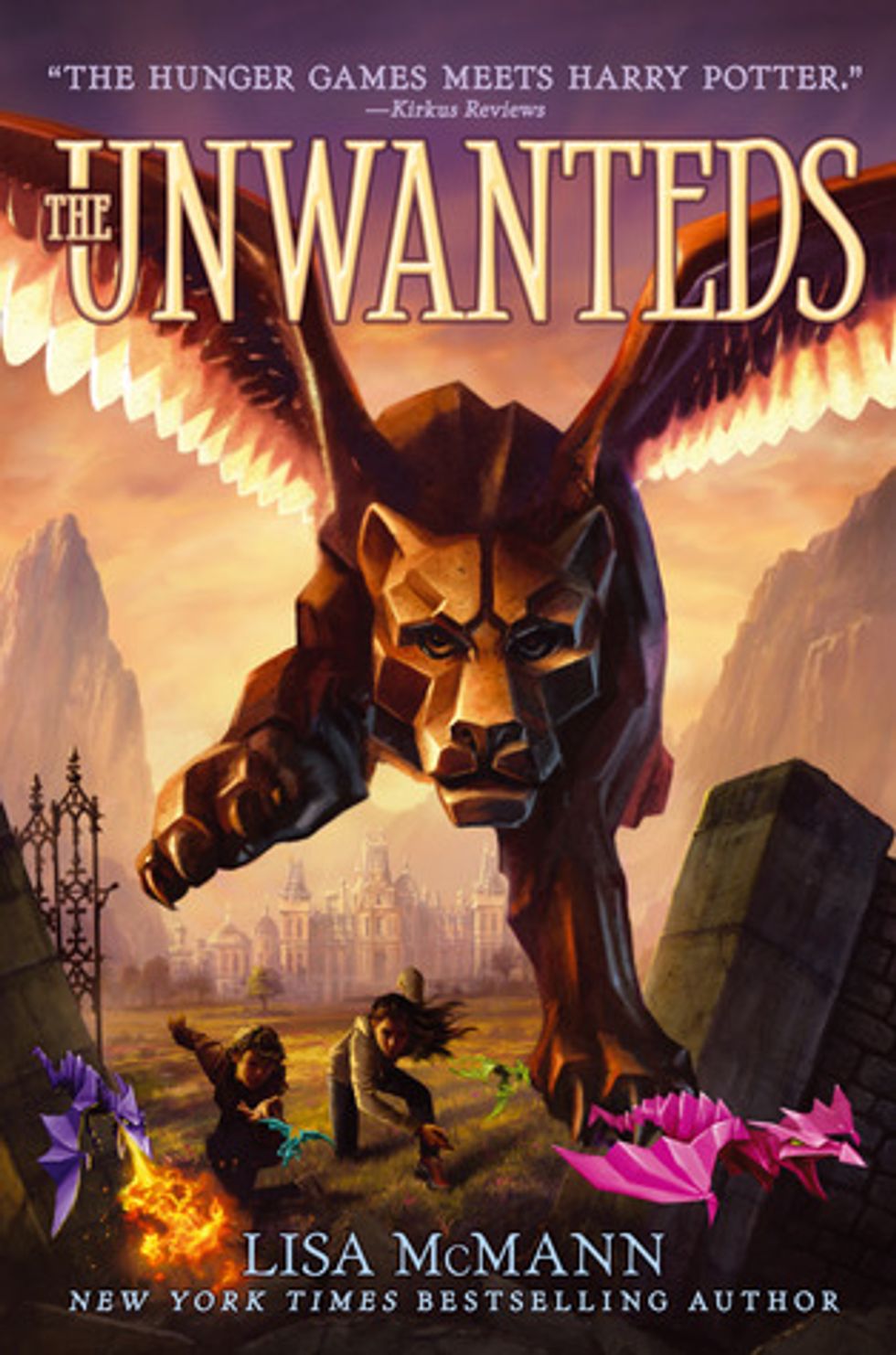We have all had that English class where a Mr. Kline or Mrs. Johnson asked you to read the designated books of the semester such as, "Charlie and the Chocolate Factory" or "Cather in the Rye". We each had a turn at Shakespeare's work or read from one of the Bronte sisters' books. But why exactly do we read them? Just because our teachers said so? What do we really learn from Hamlet? Don't trust your selfish uncle? There should be books incorporated in schooling that can make kids think or teach them what they can't learn at school or at home, not that they don't have the fundamentals for it but because in school we are taught to be embarrassed or scolded for using the word 'sex' in 'sex education'. Some things we shouldn't be scared to talk about or speak up about in school. Here are six books that just may help:
1. "The Care and Keeping of You," and "The Boy's Body Book".
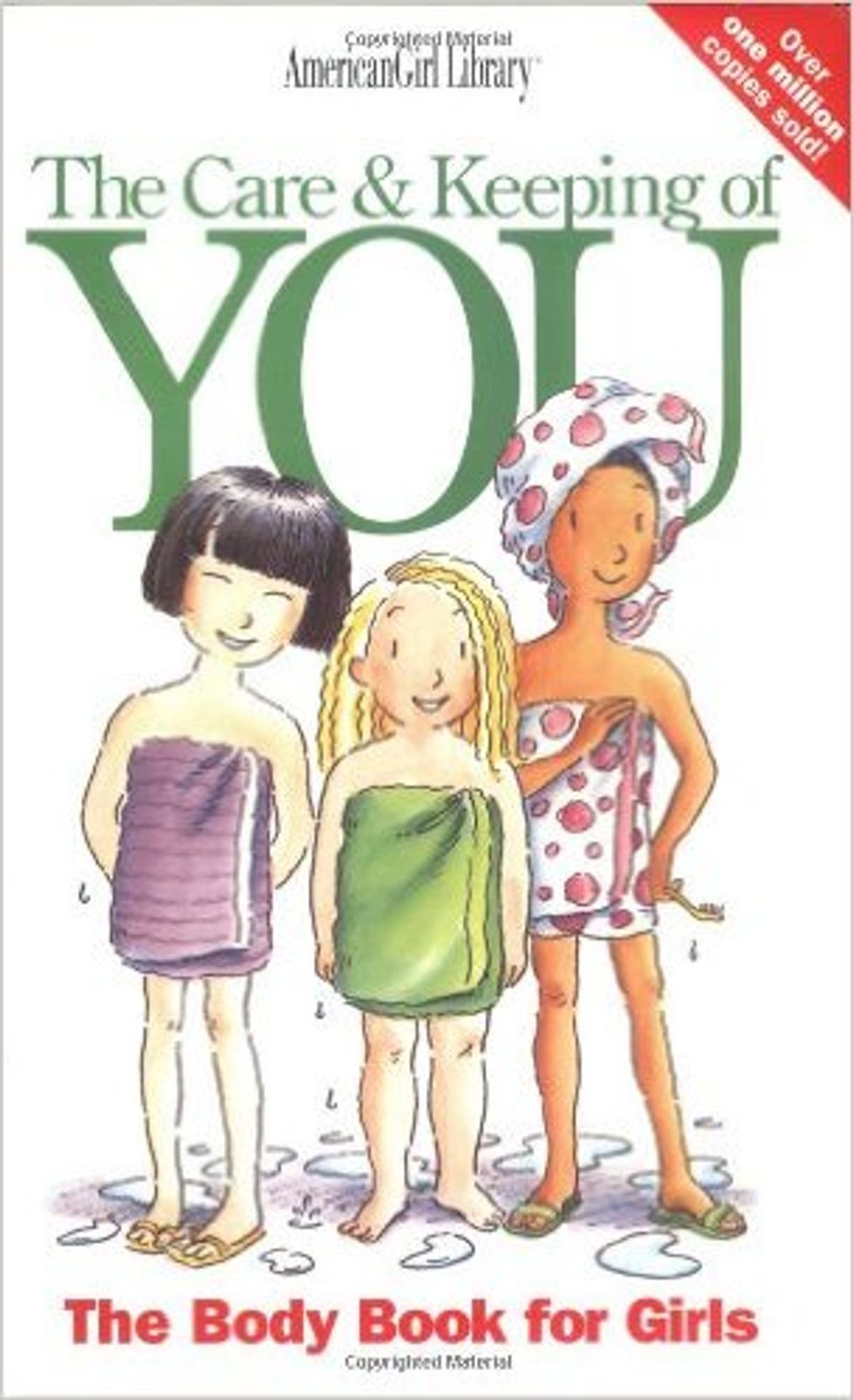
Synopsis: Kids learn about their ever-changing bodies and what is naturally happening to them. It is a great way for kids to learn about themselves and even adults would learn a thing or two from reading them. It answers questions like "what is a period," "what is this hair," and even tips on what kind of bras to buy for different situations all from the comfort of your house.
Why it should be incorporated into schools: The education system is failing young children. We are not taught about what is natural or what to look out for. I (Delaney) went to school in Tennessee and our sex-education was abstinence education. We were taught not to talk about our bodies and if you had any questions, the only way to find out without embarrassing yourself in front of the class was to look it up online. These books are a way to begin feeling comfortable in our own bodies and talk and ask questions during a time of great curiosity.
2. "Speak" by Laurie Halse Anderson
Synopsis: "Speak up for yourself--we want to know what you have to say." From the first moment of her freshman year at Merryweather High, Melinda knows this is a big fat lie, part of the nonsense of high school. She is friendless, outcast, because she busted an end-of-summer party by calling the cops, so now nobody will talk to her, let alone listen to her. As time passes, she becomes increasingly isolated and practically stops talking altogether. Only her art class offers any solace, and it is through her work on an art project that she is finally able to face what really happened at that terrible party: she was raped by an upperclassman, a guy who still attends Merryweather and is still a threat to her. Her healing process has just begun when she has another violent encounter with him. But this time Melinda fights back, refuses to be silent, and thereby achieves a measure of vindication. She speaks for many a disenfranchised teenager while demonstrating the importance of speaking up for oneself.
Why it should be incorporated into schools: As the book deals with rape and going through the motions afterwards, I believe a lot of girls or just females, in general, should take in that nothing that happens to you in any sexual manner is not your fault. Keeping quiet does not benefit you and speaking up for yourself is never a bad thing. No girl should feel ashamed or blamed. Speak up.
3. SAT and ACT preparation books
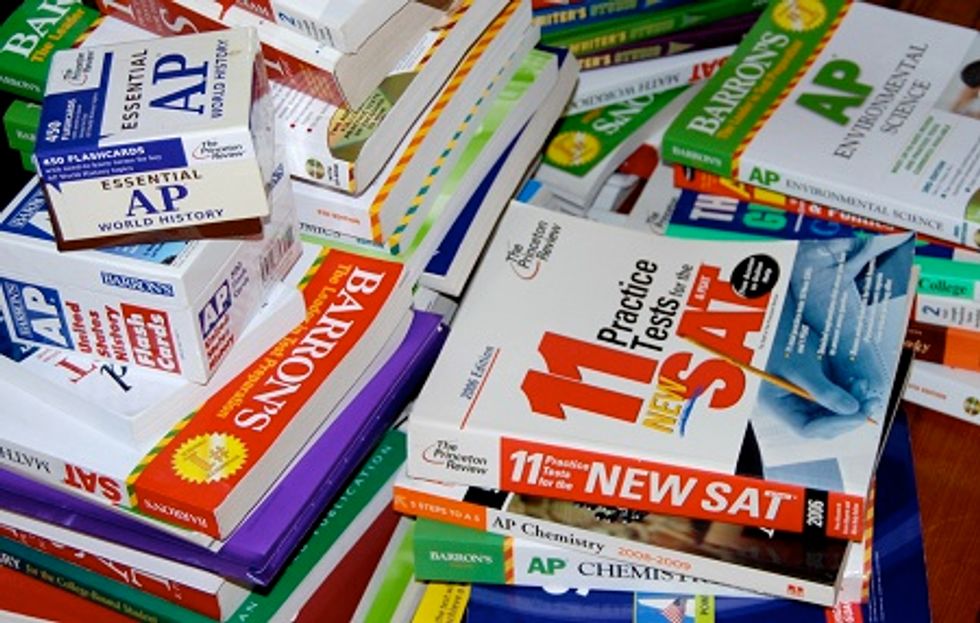
Synopsis: ACT and SAT prep books are used to teach teens what to expect from these tests. They give helpful hints, tips and tricks, and even multiple practice tests. Using these can help you learn what kind of questions are on the tests and help mentally prepare you for the extended time it takes to finish.
Why it should be incorporated into schools: No one taught me about the ACT. Yes, I had years of learning under my belt, but no one really taught me about the ACT. When you read one of those preparation books, you learn extensive knowledge about how the test is set up, how long it is, and even how to deduce some of the questions, even if you don't outright know the answer. I feel like every junior classroom should use and teach with these books. They cost money and no one should be deprived of knowledge about an important test just because they cannot afford it.
4. The Lightning Thief (Percy Jackson and the Olympians #1) by Rick Riordan
Synopsis: Percy Jackson is a good kid, but he can't seem to focus on his schoolwork or control his temper. And lately, being away at boarding school is only getting worse—Percy could have sworn his pre-algebra teacher turned into a monster and tried to kill him. When Percy's Mom finds out, she knows it's time that he knew the truth about where he came from, and that he goes to the one place he'll be safe. She sends Percy to Camp Half-Blood, a summer camp for demigods (on Long Island), where he learns that the father he never knew is Poseidon, God of the Sea. Soon a mystery unfolds and together with his friends—one a satyr and the other the demigod daughter of Athena—Percy sets out on a quest across the United States to reach the gates of the Underworld (located in a recording studio in Hollywood) and prevent a catastrophic war between the gods.
Why it should be incorporated into schools: Ok, so in 8th grade English class, my teacher (shout out to Mrs. Bryan) wanted us to read a book together as a class and together we all let out a loud and disgusted groan because really? Reading in English class? Why would she make it worse? But let me tell you, I LOVED IT. It fit with the theme of Greek gods that she was trying to teach us and we didn't even have to buy our own copy of the book and what was better we didn't have to read out loud since she brought the audio book for us to follow along with. The book was quirky and fun, also having some background on the different gods and their power-wielding abilities that we had to learn but the thing was that is was fun to learn. I love a class where the teacher/professor makes it fun and me less likely to pick up a book and hate it. Another bonus, I still read the series to this day and I'm 20 years old. Reading shouldn't be a pain at any age.
5. Alexander and the Terrible, Horrible, No Good, Very Bad Day by Judith Viorst
Synopsis: Alexander wakes up one morning with gum in his hair and he declares that that day will be terrible, horrible, no good, and very bad. Throughout the day, Alexander runs into trouble at every corner with each event just making everything worse. By the end of the night, though some horrible stuff has happened, it ends on a positive note.
Why it should be incorporated into schools: Everyone has a bad day every now and again and we go to bed and try again the next morning. Adults know this fact, but kids don't. Whenever a child has a bad day, many think that it is the end of the world. They cry, throw a tantrum, and believe that they will never be happy again just because Jimmy stole their crayons and Darla took the last cookie. The last sentence is what made me put this book on my list. It says "But Mom says that some days are like that even in Australia" (referring to when Alexander accidentally called Australia on his dad's work phone). This book can teach children that just because some bad stuff happened doesn't mean it'll last forever. Many people don't realize that a lot of the time, happiness is a choice and we can choose to be happy or sulk in our one bad day just to have another one the next day.
6. The Unwanteds (Unwanteds #1) by Lisa McMann
Synopsis: When Alex finds out he is Unwanted, he expects to die. That is the way of the people of Quill. Each year, all the thirteen-year-olds are labeled as Wanted, Necessary, or Unwanted. Wanteds get more schooling and train to join the Quillitary. Necessaries keep the farms running. Unwanteds are set for elimination. It’s hard for Alex to leave behind his twin, Aaron, a Wanted, but he makes peace with his fate—until he discovers that instead of a “death farm,” what awaits him is a magical place called Artimé. There, Alex and his fellow Unwanteds are encouraged to cultivate their creative abilities and use them magically. Everything Alex has ever known changes before his eyes, and it’s a wondrous transformation.
But it’s a rare, unique occurrence for twins to be divided between Wanted and Unwanted, and as Alex and Aaron's bond stretches across their separation, a threat arises for the survival of Artim that will pit brother against brother in an ultimate magical battle.
Why it should be incorporated into schools: There is a little bit of a controversy about majoring in anything related to the arts, I mean, you guys know what I am talking about. I'm (Alyssia) an English major and I'm always told I'll work at a fast food restaurant and blah blah blah. This book series is about kids who are practically sentenced to death if they show any interest in the arts such as singing, dancing, drawing and writing. But they soon understand that being creative isn't such a bad thing after all and while the creativity may set you apart from other people, that is was makes you as a person great, not the opposite.




